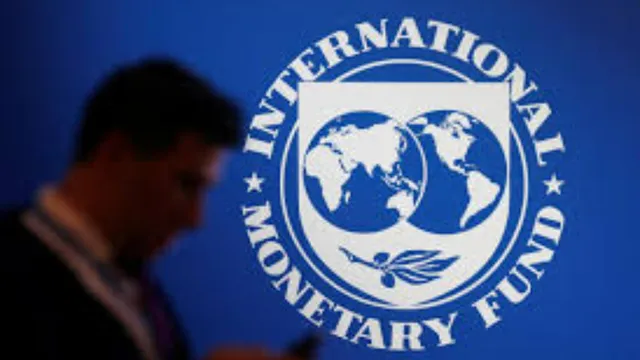- By Supratik Das
- Mon, 24 Nov 2025 11:50 AM (IST)
- Source:JND
IMF Pakistan report: In a stark and uncompromising assessment, the International Monetary Fund (IMF) has released its long-awaited 186-page Governance and Corruption Diagnostic Report, warning that corruption in Pakistan has become systemic, persistent, and deeply embedded across state institutions.
The report, published after months of delay and ahead of a crucial IMF board meeting, presents one of the clearest indications yet that the country’s governance structure is buckling under political patronage, elite capture, and widespread opacity.
Elite Capture Strangling Economic Sectors, Says IMF
According to the IMF, Pakistan’s governance failures are not merely administrative glitches but structural defects that have allowed “privileged networks” to dominate key economic sectors. The report states that corruption continues to impede fair competition, distort markets, and divert public resources away from development priorities.
The Fund emphasises a startling number, Rs 5.3 trillion in corruption-related recoveries between January 2023 and December 2024, while stressing that even this massive figure is “only one element” of the true losses borne by the economy. Most corruption, the report warns, remains unmeasured and unrecorded.
Judiciary, Police And Bureaucracy Face Scrutiny
In a rare direct criticism, the IMF has termed Pakistan's judiciary slow and complex, susceptible to interference, while observing that firms increasingly avoid relying on courts to protect investments or to enforce contracts. According to the report, this judicial uncertainty acts as a major deterrent for domestic and foreign investors.
Survey findings cited in the assessment reveal deep public mistrust: 68 per cent of Pakistanis believe anti-corruption agencies are misused for political victimisation, while the judiciary and police are routinely ranked among the most corrupt institutions.
State-Owned Enterprises And Tax System Risk
The IMF emphasizes governance loopholes that are common in public procurement, tax administration, customs, and state-owned enterprises. With the SOEs possessing assets equivalent to 48 per cent of Pakistan's GDP, the Fund warns that such sheer dominance not only provides fertile ground for corruption but also crowds out private sector activity.
The country's tax structure, described as opaque, unpredictable, and burdened with frequent rule changes, has further weakened revenue mobilization and reduced Pakistan's economic resilience.
Red Flags Over SIFC
One of the report’s most consequential observations concerns the SIFC, the powerful civil-military body overseeing major investment decisions. The IMF notes that the council operates with “untested transparency and accountability provisions,” elevating risks around discretionary decision-making. For the first time, the Fund has demanded that the government publish a full annual SIFC report detailing all concessions, exemptions, and regulatory relaxations, something no previous IMF document has explicitly called for.
The report further estimates that, if governance reforms are undertaken within the next six months-including mandatory e-procurement, reduction of tax exemptions, enhancement of judicial capacity, and enforcement of strict fiscal oversight-GDP growth can be raised by 5 per cent to 6.5 per cent within five years. Without such action, it warns, Pakistan will remain mired in low economic growth, political instability, and permanent dependence on external bailouts.
With inputs from agency.
